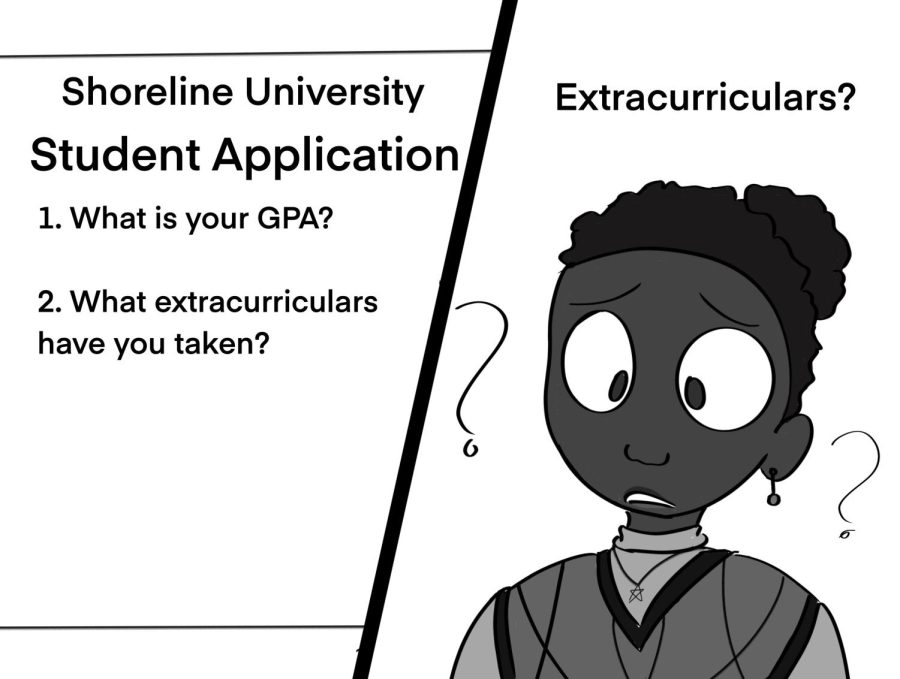Life skills create well-rounded students
March 23, 2022
Subjects taught in school should be aimed towards real-life application. Math, English and science are, at times, helpful and may even be necessary, but ultimately 18-year old graduates need to know how to function in society, not how to plot a cosine graph.
The question “when will I ever need this?” is commonly heard when studying the current curriculum.
While being a well-rounded student and individual requires being introduced to a variety of information, it is entirely possible for a student to graduate being able to solve a quadratic equation without knowing how to properly tip at a restaurant. Knowing how to follow the rules of society can help individuals succeed in a variety of ways including in their social, work and financial life. District 202’s mission statement is to “Prepare learners for the future.” If that is the goal, then it is imperative that everyone learn basic life skills.
A reasonable start would be teaching social skills in mandated health classes. Some students learn manners from their parents, but others don’t have anyone to teach them. Integrating a discussion or hands-on activity about respecting wait staff or holding the door for the person behind you does not severely cut into class time and is a free way to create a kinder society.
Additionally, instructing students how to navigate an interview could be critical when they are one good impression away from their dream job.
Practical skills that require more explanation, such as how to file taxes or how to pay bills, could be taught in classes of their respective subjects. North used to offer a class called Practical Writing in which students left with the ability to write a professional resume among other important day-to-day skills. However, this class is no longer offered. If the school started to integrate lessons that were taught in this class as well as other life skills into lessons, students would be more well-rounded individuals after graduation.
Ultimately, students should not have to look outside of the classroom in order to learn how to be a member of society; however, this could be a big change to the curriculum. Providing students information in any form, even in an after school program, is better than nothing.
At the very least, this could be accomplished by a club. Clubs are required to be sponsored by a teacher, so the club would have an adult to verify any information presented at the meetings.
Preparing students for a successful future means more than teaching how to achieve high test scores. District 202 needs to graduate students with confidence who can manage independent life and know that their high school helped them get there.







